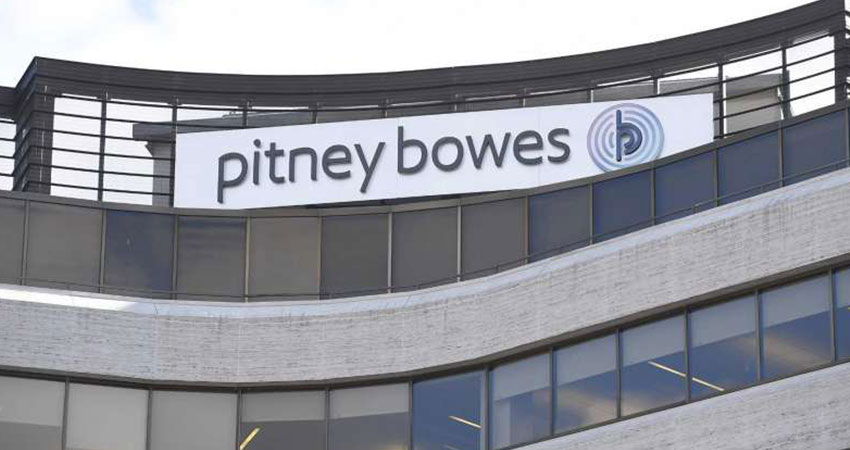Pitney Bowes announced a refresh of its board in a proxy statement, but it was not enough to satisfy a large stakeholder that has put forward its own slate of five outside board candidates ahead of the company’s annual meeting in May, saying wholesale changes are needed to boost performance.
The global ecommerce parcel shipper said that chairman and longtime director Michael Roth, whom Hestia Capital had particularly targeted for removal, will not stand for re-election. Pitney Bowes also said that directors Douglas Hutcheson and David Shedlarz will similarly not be put forward, while former ShippingEasy CEO Katie May, suggested by Hestia, is on the slate.
Hestia has amassed an 8.4% stake in Pitney Bowes, up from 7.5% in January. The company said in its proxy statement it doesn’t consider itself an activist investor, but “only deploys activism tactics when it feels a company is in desperate need of change and has a board that is deeply entrenched,” as in the current case.
Hestia’s principal Kurt Wolf was a director of struggling GameStop in 2020 along with billionaire Chewy.com founder Ryan Cohen. They bought up large stakes, worked on a digital pivot and helped propel GameStop into the meme stock stratosphere. GameStop, with Cohen as chairman, is still facing serious challenges.
Pitney Bowes also named director Robert Dutkowsky as non-executive chairman, replacing Roth, who is not serving out his term. Lastly, the company appointed two new independent directors: Darrell Thomas, former treasurer and interim CFO at Harley Davidson, and Steve Brill, retired president of corporate strategy at UPS.
Roth was stepping down now, Pitney Bowes stated, “in light of the limited time between now and the end of his term, and because he believes (Dutkowsky) should lead discussions on future board leadership in support of the company’s next phase of transformation.”
In a letter that accompanied the proxy statement, Pitney Bowes accused Hestia of not engaging in good faith discussions, instead trying to block its efforts at an amicable resolution beneficial to shareholders. This included its insistence on immediate removal of decade-long CEO Marc Lautenbach and appointment of three of its five board nominees, the company wrote.
“This latest demand … (suggests) that Hestia has never been sincere about trying to resolve this matter short of a distracting proxy fight,” Pitney Bowes stated in the letter. “Further, it is recommending a slate of nominees, some of whose business experience appears to be adverse either to us or our key partners, some who are not additive, and/or other still who appear to lack the necessary skills to oversee execution of our long-term strategy.”
In addition to May, Hestia’s slate of nominees includes Milena Alberti-Perez, former CFO of Getty Images and a new addition since a January proposal; Todd Everett, former CEO of Newgistics, which was sold to Pitney Bowes in 2017; Lance Rosenzweig, former CEO of Support.com; and Wolf.
Hestia stated particular concerns with Dutkowsky, saying he holds four director positions, is chairman of two of them, was on the board of IBM with Lautenbach and served on board committees that “perpetuated failings at Pitney Bowes.”
While lauding Pitney Bowes for replacing three long-serving directors, Hestia called it a “marginal refresh” that “failed address the company’s value-destructive strategy and failed leadership while perpetuating certain governance issues.”
“The board actually doubled down on (Lautenbach) despite his apparent commitment to running a capital-intensive and seemingly failed strategy that has resulted in many years of cash flow deterioration, credit downgrades and negative stockholder returns,” Hestia wrote.
Among other things, Hestia has called out Pitney Bowes’ sliding market capitalization (with its stock hovering around $4 per share, dropping from $5 in late January), forecast misses, credit rating downgrades and what it characterized as a lack of attention to shareholder concerns and poor investment choices.

